What is a Folding Partition Wall?
Definition and Key Features
A Folding Partition Wall is a flexible partitioning system that provides a practical solution for managing space in various environments. This type of wall is composed of multiple panels that can be folded or stacked to free up space or create temporary rooms. The units can be assembled as required, offering up to 100% space utilization without the permanent commitment of traditional walls.
Key features of folding partition walls include their versatility in design and configuration, ease of installation, and the ability to enhance both aesthetics and functionality in a given space. They can be made from a variety of materials, including glass, wood, or fabric, which allows for diverse visual impacts as well as acoustic properties. Folding partition walls use advanced hinged, sliding, or stacking mechanisms that allow for effortless reconfiguration of office layouts, event venues, and educational spaces.
Types of Folding Partition Walls
Folding partition walls come in different types, each catering to specific needs and environments. The predominant types include:
- Accordion Walls: These are classic folding partitions that utilize a series of panels that fold in a concertina-like arrangement. They are lightweight and can be manually operated, making them a popular choice for temporary space division.
- Operable Walls: These walls feature more sophisticated mechanisms and are often used in commercial spaces. They can be sound-insulated, meaning they are effective for rooms like conference areas or classrooms, where acoustic control is essential.
- Glass Partitions: Glass folding walls provide a contemporary appearance while allowing natural light to flow through the spaces. They are particularly popular in office environments where a sense of openness is desirable.
- Fabric Panels: Used primarily for visual separation while maintaining an informal aesthetic, fabric-covered panels are often lightweight and easy to maintain. They are commonly found in multipurpose event spaces and classrooms.
Common Applications in Various Settings
Folding partition walls are adaptable to a variety of settings, making them suitable for:
- Corporate Offices: To create flexible workspaces, meeting rooms, and collaborative areas that can be adjusted as team sizes and project needs change.
- Educational Institutions: In schools and universities, folding partitions facilitate dynamic classroom environments where walls need to be reconfigured based on class sizes or specific activities.
- Hospitality Venues: Hotels and restaurants often employ folding partitions to create private dining rooms or event spaces that can accommodate a range of guest numbers.
- Healthcare Facilities: In hospitals and clinics, these walls provide privacy while allowing quick adaptations of space for various treatments or consultations.
Advantages of Using Folding Partition Walls
Space Optimization Techniques
The primary advantage of folding partition walls is their ability to optimize space efficiently. By allowing users to create or eliminate physical boundaries as needed, these walls enable facilities to adapt to daily fluctuations in space requirements. This adaptability is vital for businesses that host events, switch between different functions, or require flexible working environments. For example, an open-plan office can be converted into a more intimate meeting space during conferences by merely folding down strategic partitions.
Enhancing Acoustic Control
Acoustic control is another significant benefit, particularly in environments where sound privacy is a concern. Employing materials designed for sound dampening and insulation, modern folding partition walls can significantly reduce noise levels, ensuring that conversations in one area do not disrupt those in another. This feature is especially important in corporate settings and educational institutions where concentration and privacy are vital.
Versatility in Design and Functionality
Folding partition walls offer exceptional versatility in design and functionality. They can be customized in color, texture, and material to match the aesthetic of any environment, thereby enhancing the overall design appeal of a space. Additionally, the options for configurations—such as straight, angled, or circular arrangements—allow for creative solutions tailored to unique needs. Functionally, these partitions often include features like sliding doors or locks, integrating convenience and security for various applications.
Installation Considerations for Folding Partition Walls
Understanding Structural Requirements
Before installation, it is crucial to understand the structural requirements involved in incorporating folding partition walls. This includes assessing ceiling heights, floor strength, and load distribution capabilities to ensure the partitions can be safely supported. A professional evaluation is often recommended to identify appropriate anchor points and mounting systems that align with local building codes.
Choosing the Right Installer
Selecting the right company or contractor to install the folding partition wall is essential to ensure proper functionality and longevity. Look for installers with experience in the type of partitions you intend to use, ensuring that they are familiar with specific materials and mechanisms. Additionally, request references and reviews from past clients, and confirm that their work adheres to industry standards.
Maintenance Tips for Longevity
To extend the life of folding partition walls, regular maintenance is critical. Here are a few tips to ensure they remain in prime condition:
- Periodically clean surfaces to remove dust and dirt buildup that can impede movement and aesthetics.
- Inspect hinges, tracks, and other moving parts for signs of wear. Lubricate them as required to ensure smooth operation.
- Address any damages, such as dents or scratches, immediately to prevent further deterioration.
- Stay updated on the latest care practices or consult with the manufacturer for specific maintenance guidelines.
Case Studies: Successful Applications
Corporate Office Transformations
Consider the case of a major corporate entity that shifted to a flexible workspace model. By utilizing folding partition walls, the organization was able to transform a one-size-fits-all office layout into a dynamic environment. Meeting rooms could be easily created or merged depending on the number of participants required. This transformation led to a 25% increase in workspace utilization, demonstrating how strategically placed partitions can reshape corporate culture and productivity.
Educational Institutions Implementing Flexibility
A prime example is a university that adopted folding partitions in its lecture halls. By using movable walls, the university divided larger spaces into smaller classrooms when needed, accommodating varying class sizes and activities throughout the day. This flexibility resulted in a 30% increase in classroom utilization, significantly improving their operational efficiency and maximizing use of the facilities.
Hospitality Spaces Maximizing Guest Experiences
Hotels often face challenges in managing diverse guest needs. A hospitality chain revamped its conference space by incorporating folding partition walls, enabling them to host multiple events simultaneously—such as corporate meetings and weddings—without interference. Feedback from guests indicated a notable improvement in their experiences due to reduced noise levels and a more tailored event space, ultimately increasing bookings and customer satisfaction rates.
Future Trends in Folding Partition Wall Technology
Innovative Materials and Designs
As technology and design practices evolve, so do the materials and construction methods used in folding partition walls. Innovations like lightweight composites and eco-friendly materials are becoming increasingly popular, allowing for more sustainable options without compromising on performance or aesthetics. Moreover, design trends are leaning towards minimalist approaches with sleek lines and integrated smart technology.
Smart Partition Systems
The future of folding partitions is poised to integrate smart technologies that facilitate automated adjustments. These systems may include sensors that recognize occupancy levels, temperature changes, or even noise levels, adjusting the configurations of the space in real-time to optimize comfort and utility. Such innovations will further enhance the functionality of spaces, making environments adapt to user needs seamlessly.
Sustainability in Partition Manufacturing
With a growing emphasis on sustainability in construction and design, manufacturers of folding partition walls are pivoting towards greener practices. This includes adopting recycled materials, minimizing waste during production, and ensuring that end products are recyclable or have a minimal carbon footprint. As businesses and consumers alike prioritize environmental impact, sustainable partition systems will likely become a standard expectation in future designs.
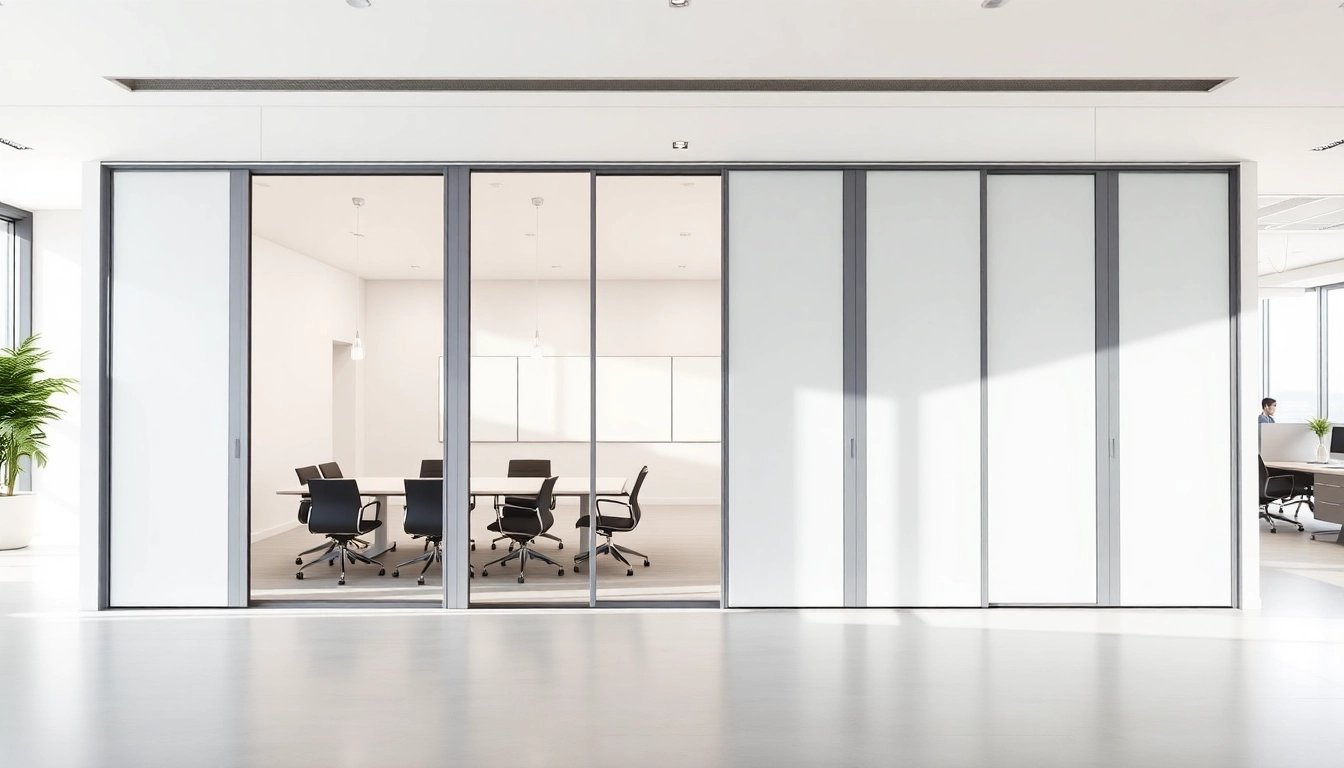


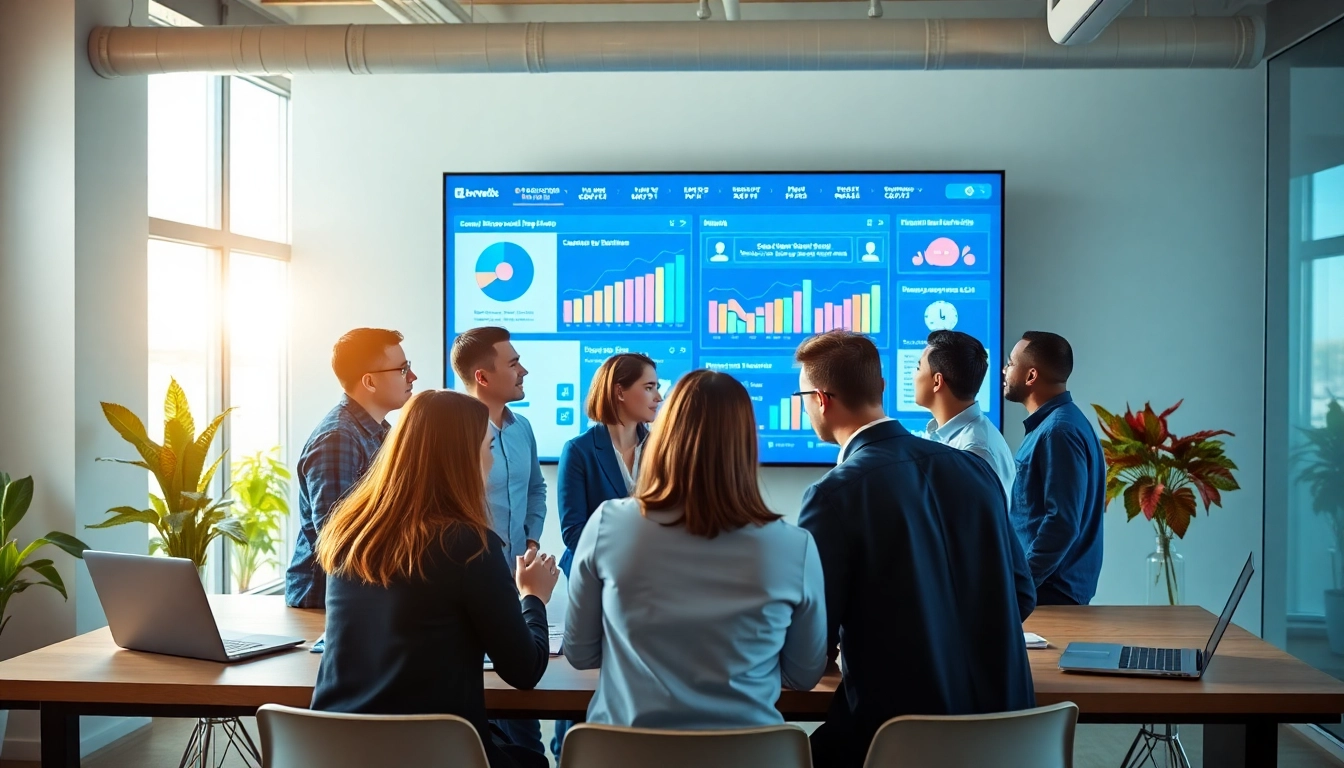



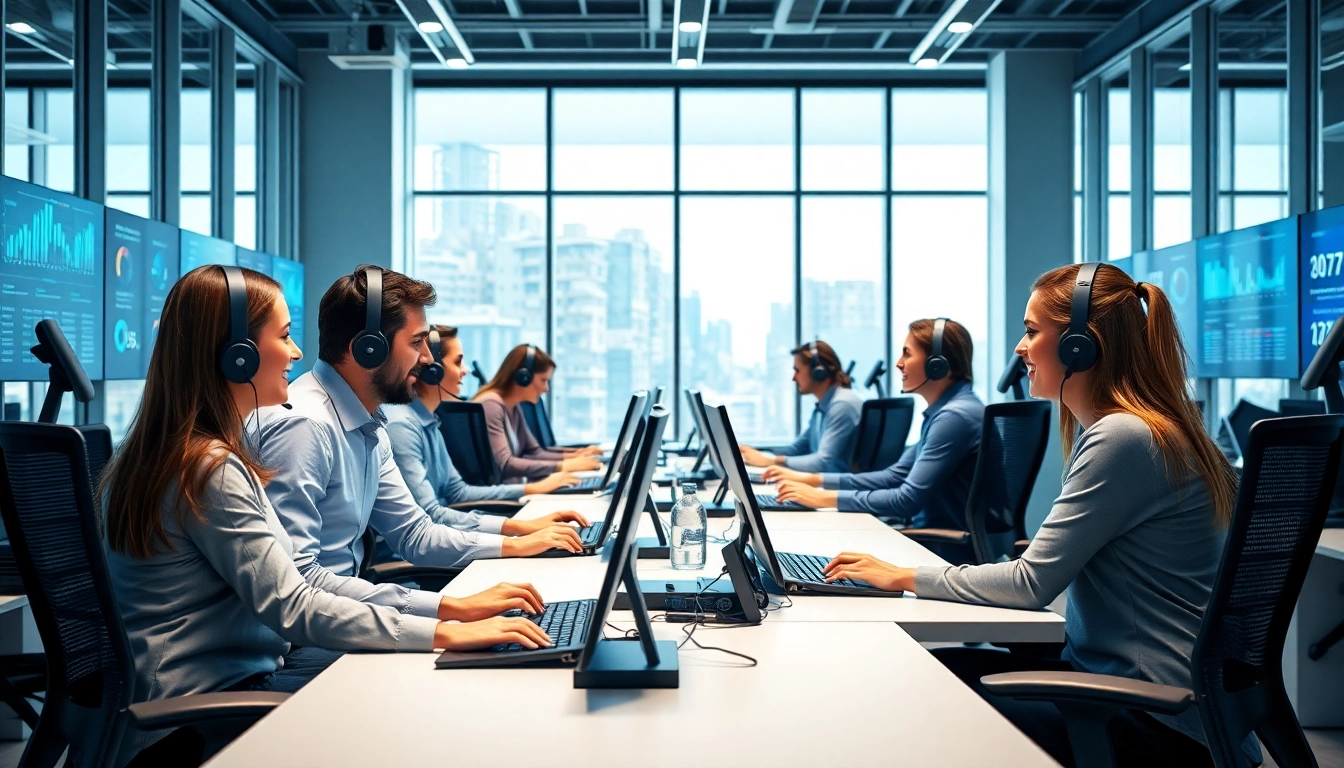
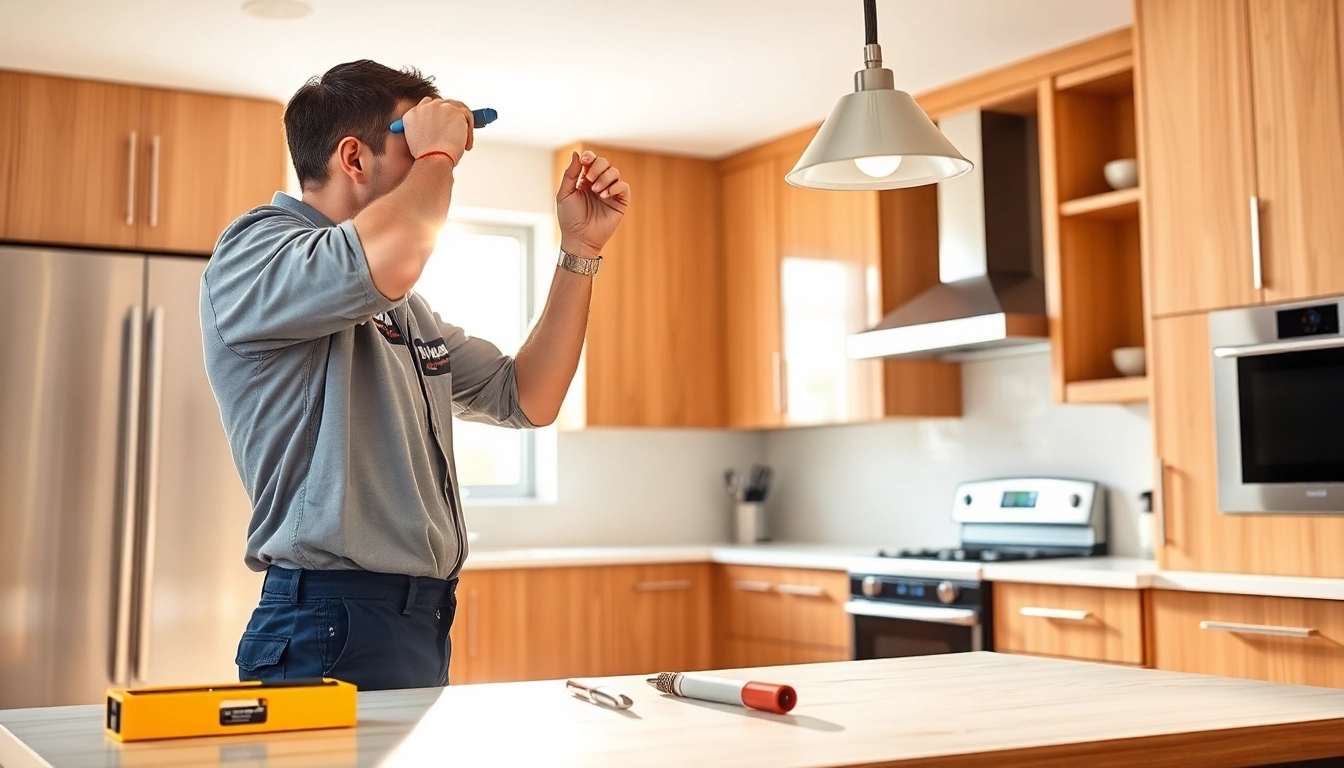
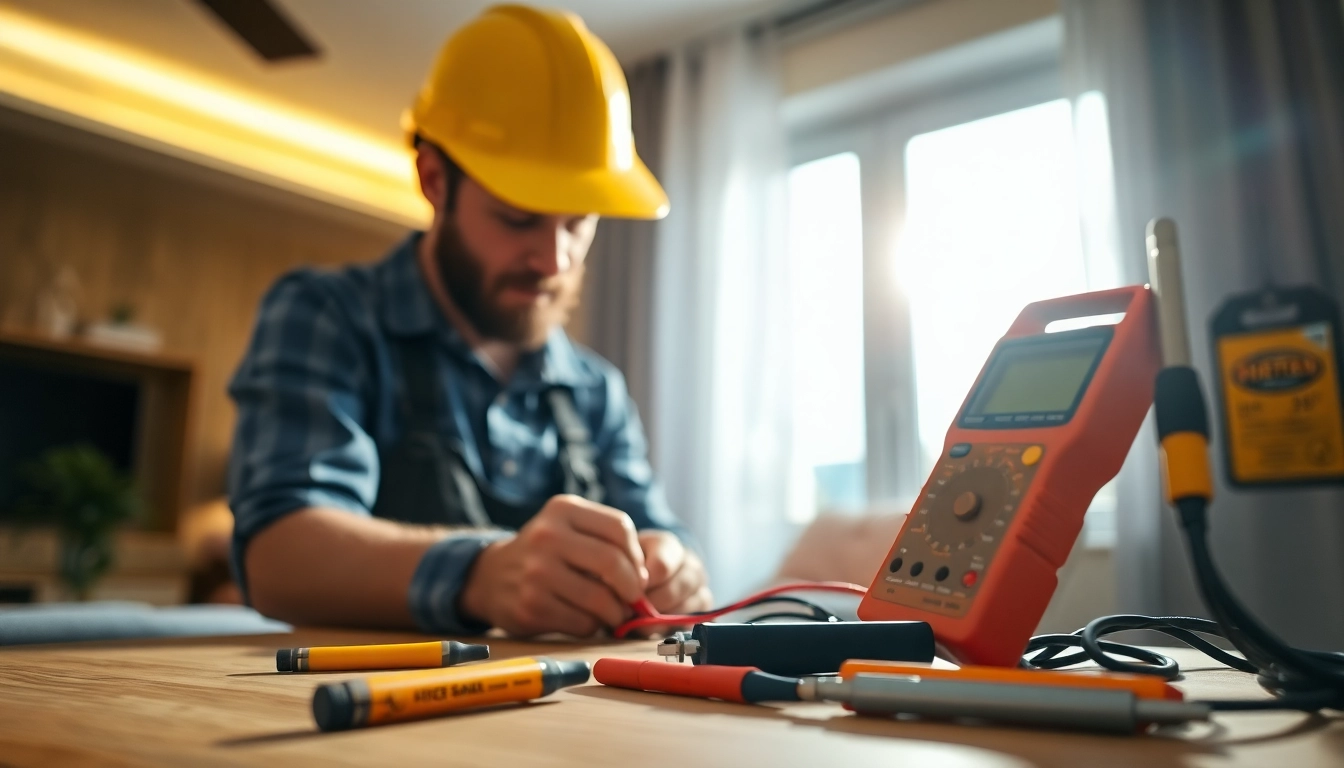


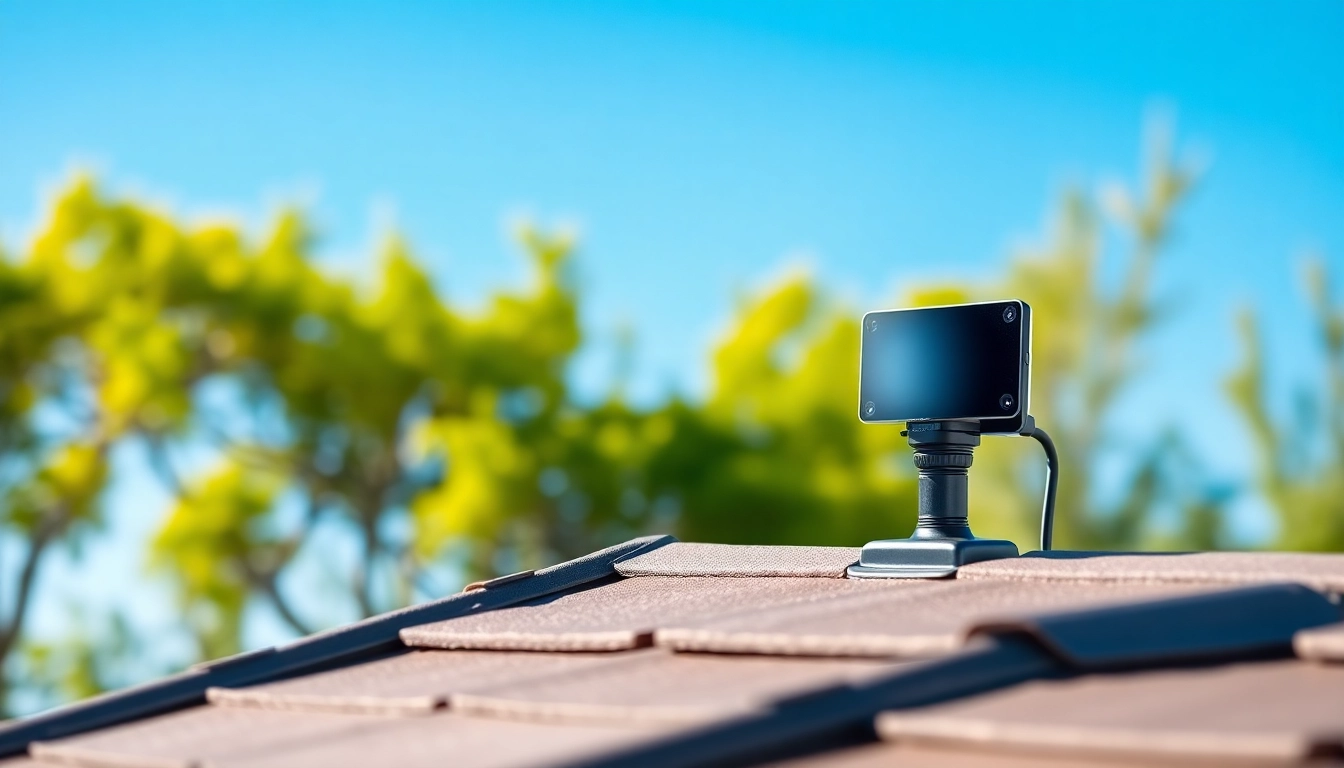
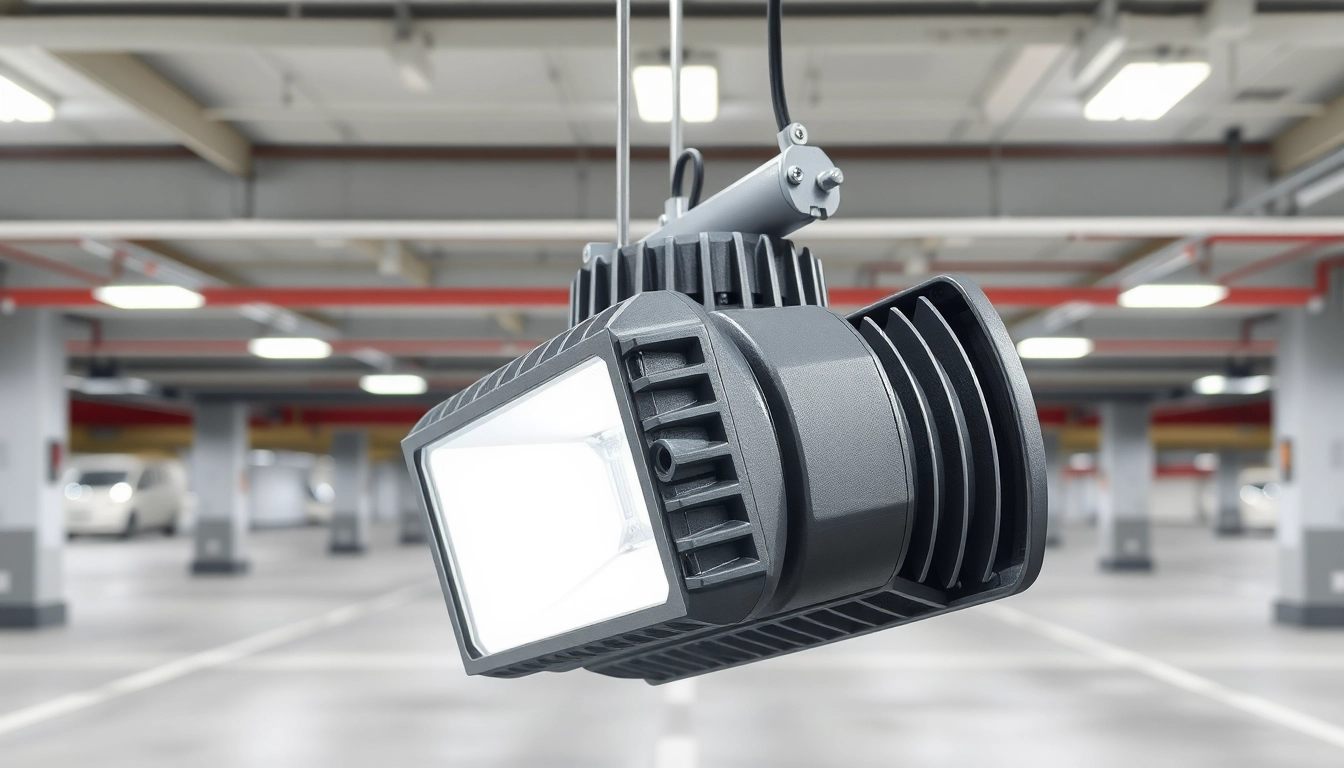

Leave a Reply